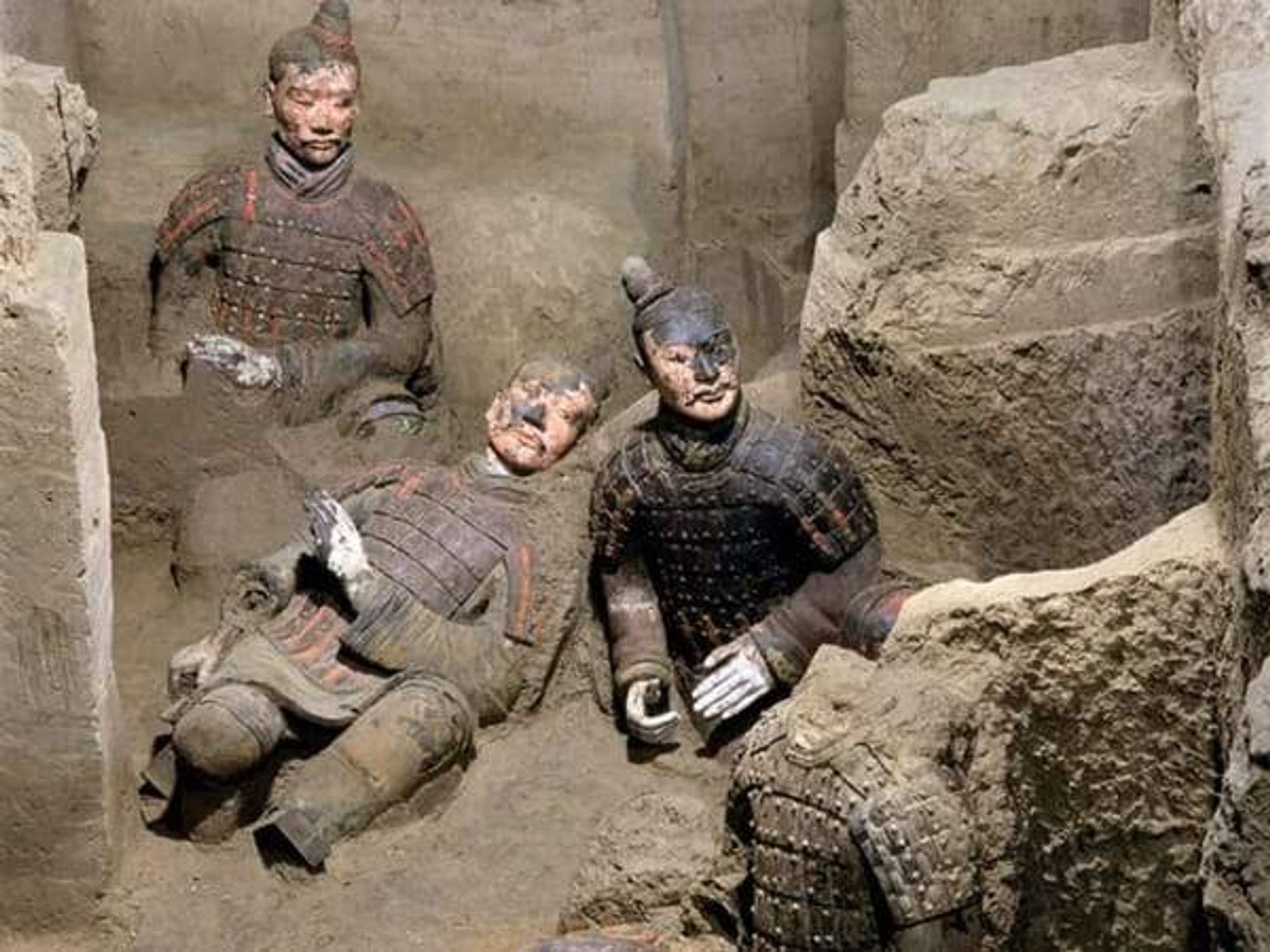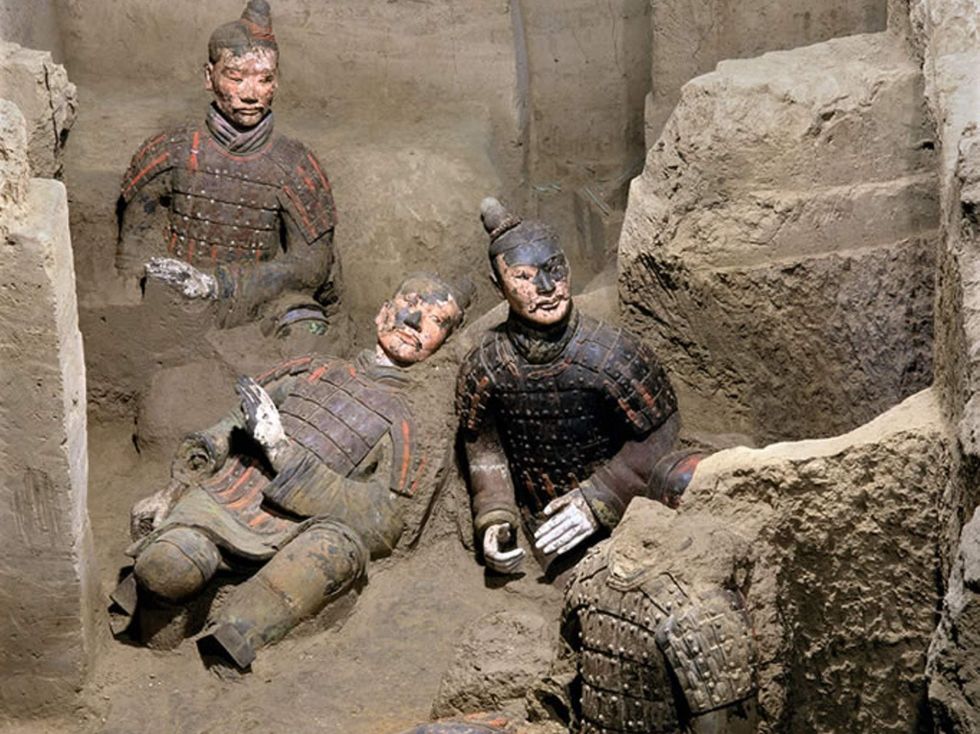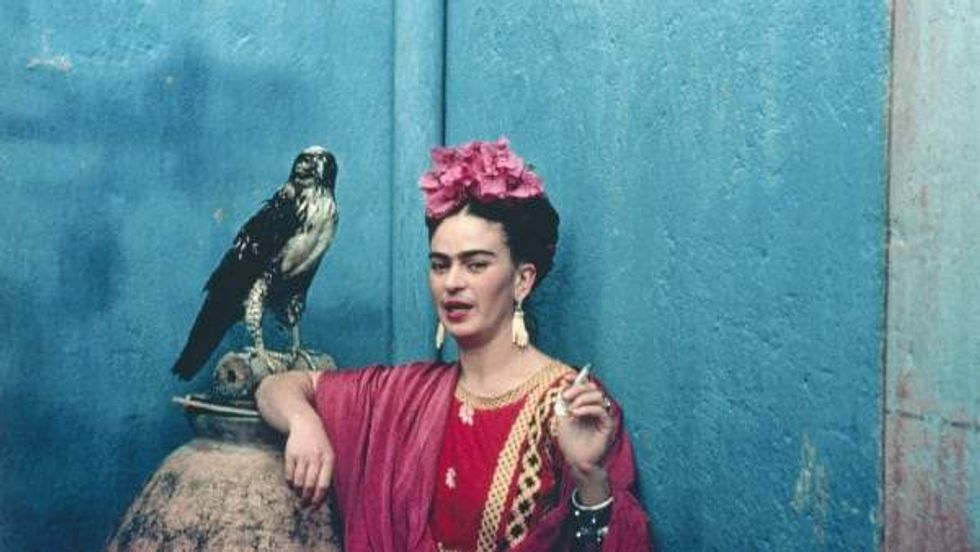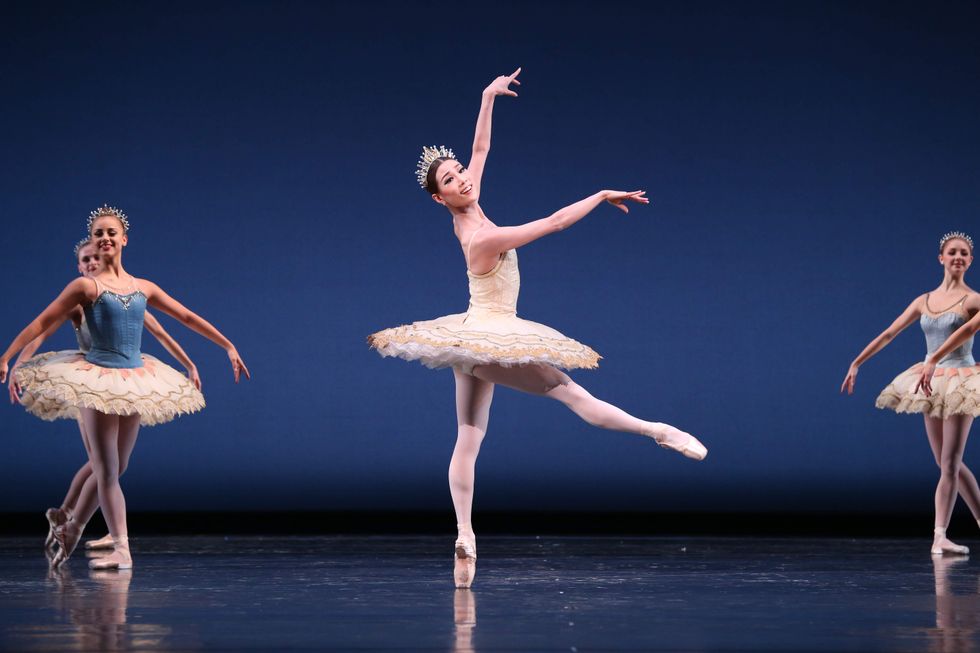the satellite lands
MFAH completes monumental task of erecting historic, 24-foot tall sculpture by star Black artist
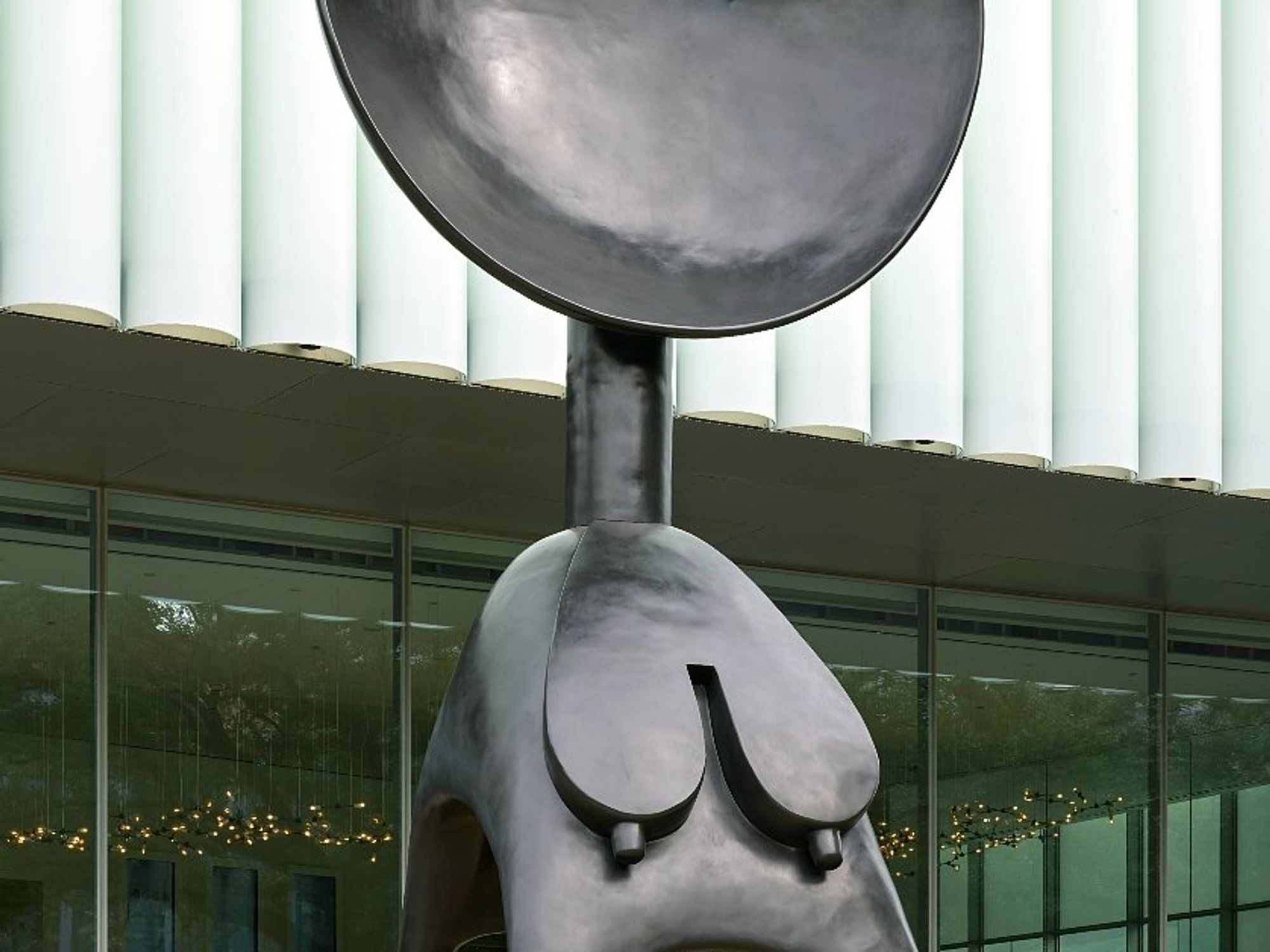
The 3-ton, 24-foot-tall Satellite is now in place at the MFAH.
Score another major get for the Museum of Fine Arts, Houston. The city’s official destination for all things fine arts is now the first museum in America to acquire, install, and showcase for permanent display a globally renowned sculpture by a rising American art star.
Satellite, a towering, 24-foot-high bronze sculpture from noted American artist Simone Leigh, has just been erected at MFAH grounds near the entry plaza of the Nancy and Rich Kinder Building for modern and contemporary art.
As CultureMap previously reported, the MFAH released word that it had acquired Leigh's celebrated work that headlined the 59th Venice Biennale last year. Her prominent placement made her the first Black woman to represent the U.S. at what is considered arguably the most important art event in the world.
After that history-making run, Leigh approved a U.S. display of her massive sculpture, making the MFAH piece only the second edition of her work.
A monumental task
In the case of Satellite, the term “monumental” is more than art-speak hyperbole. In order to install the 6,000-pound, MFAH staffers spent months of planning and prepping the site for a day-long installation. As Satellite is comprised of two elements — a torso bearing four supports topped with a disc-like head — the torso was planted into place onto a reinforced, engineered cement slab by a crane operator and then fastened with 16 anchors for ultimate, safe stability.
After the torso base was securely installed, the team of engineers, art handlers, and the aforementioned crane operator gently lowered the massive disc head — measuring 10 feet across and weighing 2,980 pounds — onto the sculpture’s body.
In bringing a 3-ton, 24-foot-high sculpture to public view, Leigh paid homage to myriad, proud Black and African traditions. Meant to evoke a feeling of primal maternity and dignity, Satellite invokes the form of traditional D’mba (or nimba) headdresses carefully crafted by the Guinea’s Baga people, the ceremonial ladles of the Dan peoples, and various, vernacular traditions across the African diaspora, according to press materials.
Big sculpture, bigger issue
More than just a cultural nod, the Satellite monument is a way for Leigh to make a grand statement on an enormous issue: the historically undervalued labor – physical and intellectual – of Black women. For more than 20 years, Leigh has explored ideas of race, beauty, and a sense of community while visiting a wide range of historical periods, regions, and traditions. Notably, many of her works hark to vernacular and hand-made processes from across the African diaspora.
Fittingly, Leigh has been the subject of Leigh a nationally touring retrospective, first at the Venice Biennale and currently at the Hirshhorn Museum and Sculpture Garden in Washington, D.C.
She has also been seen solo exhibits in notable arenas such as the Guggenheim and New Museums in New York, the Hammer Museum in Los Angeles, and many more. She has been featured prominently in a host of collections, including the Whitney and the Guggenheim, in New York, The Art Institute of Chicago, the ICA/Boston, and more.
Space City, a fitting home for a Satellite
Large pieces in big cities are a forte of hers, of sorts: Leigh’s equally mighty sculpture Brick House was installed on New York City’s High Line Plinth from 2019 to 2021. Now, Houston — already home to towering structures, the nation’s most diverse populace, and Johnson Space Center — is a fitting home to her iconic Satellite.
“I am certain that this powerful work will become an iconic presence in front of the Kinder Building, noted Gary Tinterow, MFAH director and Margaret Alkek Williams chair, in a press statement. “It is an honor to be the first U.S. museum to acquire Satellite and install it for permanent display, and we are thrilled to have Simone Leigh represented at the Sarofim Campus, where her extraordinary work is in the company of recent monumental works by Ai Wei-Wei, El Anatsui, Carlos Cruz-Diez, Byung Hoon Choi, Ólafur Elíasson, and Cristina Iglesias.”
